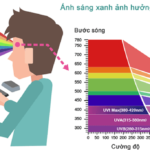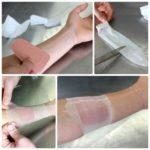All provinces and cities across the country have prepared the necessary human and material resources for the nationwide vaccination campaign. It is important to have a basic understanding of how vaccines work to best protect ourselves. Let’s find out how long it takes for the COVID-19 vaccine to take effect.
1. Does the COVID-19 vaccine take effect immediately after vaccination?
According to Dr. Le Quoc Hung, Head of the Tropical Diseases Department at Cho Ray Hospital, “there is still a risk of infection if exposed to the virus too soon after receiving the COVID-19 vaccine”. Our bodies need time to produce a significant amount of antibodies, which are essential for immune response and protection against the virus.
Therefore, it is crucial to continue practicing preventive measures and following the 5K message from the Ministry of Health even after getting vaccinated. This will help protect ourselves and others effectively.
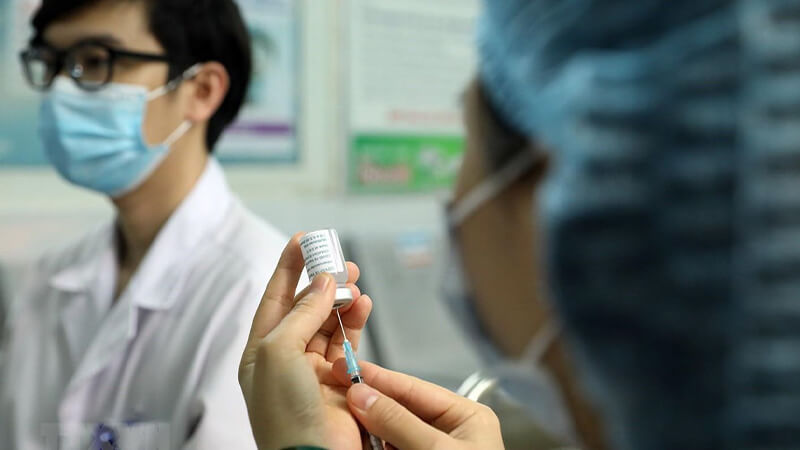 It takes time for the body to develop protective antibodies after COVID-19 vaccination
It takes time for the body to develop protective antibodies after COVID-19 vaccination
2. How long does it take for the vaccine to produce sufficient antibodies?
Professor Dang Duc Anh, Director of the Institute of Hygiene and Epidemiology, states that while the COVID-19 vaccine does not provide 100% protection against infection, it offers at least three key benefits. It helps reduce the severity of the disease, lowers the risk of death, and decreases the likelihood of spreading the virus, thereby protecting the community.
Experts emphasize that the COVID-19 vaccine does not provide immediate protection after the first dose. It typically takes at least 12-14 days after the initial vaccination for the body to start producing antibodies.
After the second dose, it takes approximately one month or more for the vaccine to reach its optimal effectiveness of 60-90%, depending on the specific vaccine. During this time, the antibodies are activated to recognize and destroy infected cells, and the immune cells recruit more reinforcements to fight off the virus.
As a result, it is recommended to wait for at least 15 days after the first dose and about a month after the second dose for the vaccine to provide maximum protection.
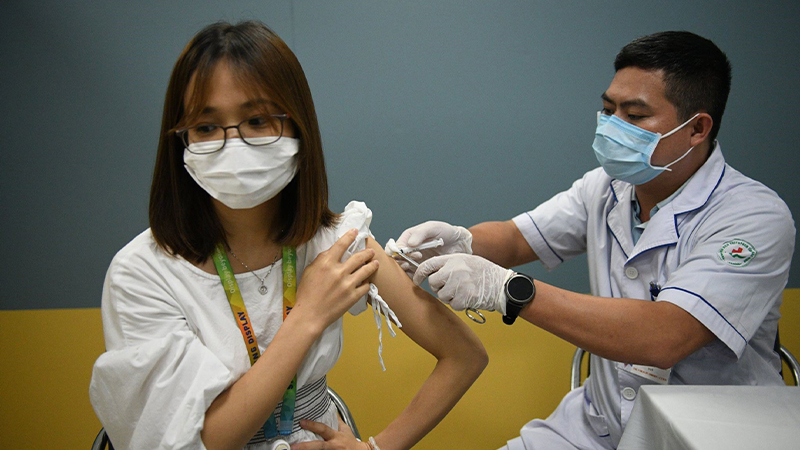 It takes at least one month after the second dose for the body to develop sufficient antibodies against COVID-19
It takes at least one month after the second dose for the body to develop sufficient antibodies against COVID-19
3. When should I get an antibody test?
Research suggests that it takes about two weeks for the body to develop antibodies after vaccination. However, out of every 100 fully vaccinated individuals, 5 to 20 people may not have sufficient antibodies to fight the virus. To determine your immune status, it is recommended to get an antibody test.
The ideal time to get an antibody test is around 28 days after the first dose and 14 to 28 days after the second dose.
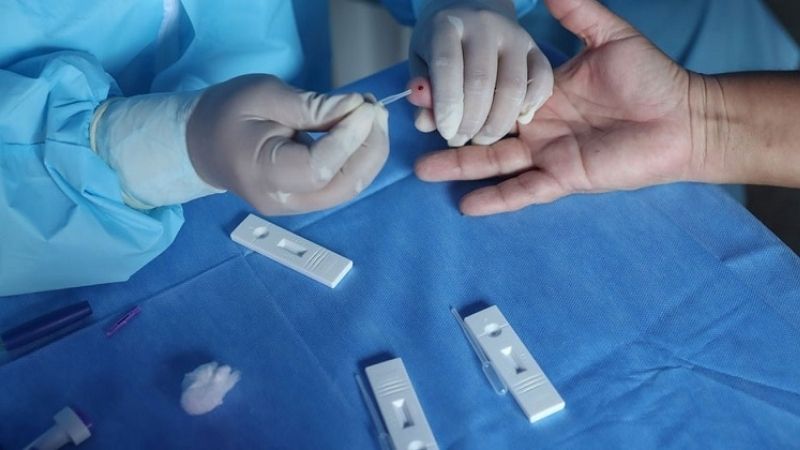 Recommended timing for antibody testing after COVID-19 vaccination
Recommended timing for antibody testing after COVID-19 vaccination
Remember to follow the guidelines provided by the Ministry of Health and continue protecting yourself even after vaccination. We hope this article has provided valuable insights into the COVID-19 vaccine. Stay safe and healthy!
























